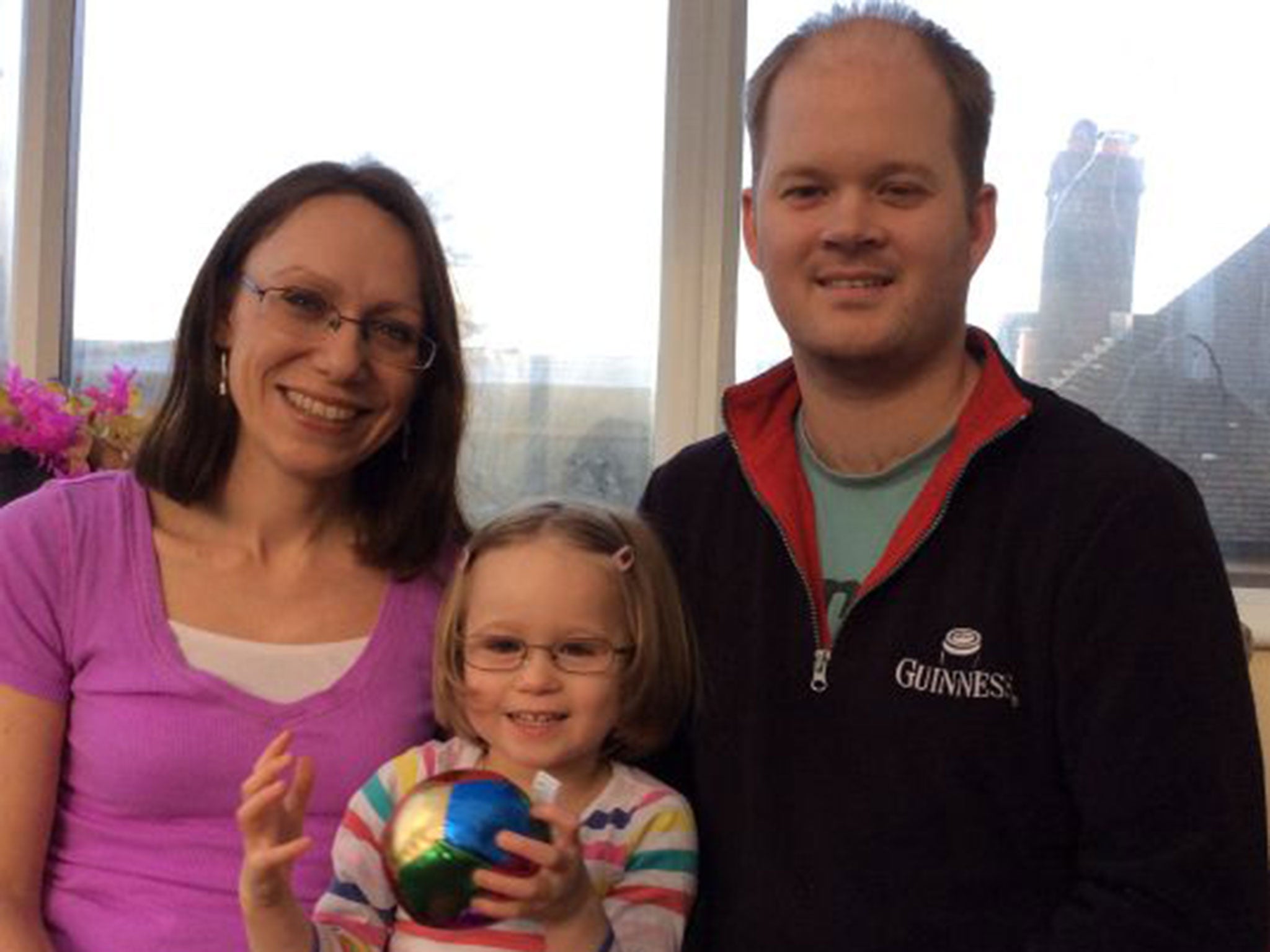Genome project helps its first two young patients at Great Ormond Street Hospital
The £300m programme has been described as a 'paradigm shift' in healthcare, focusing on the genetic causes of disease

Your support helps us to tell the story
From reproductive rights to climate change to Big Tech, The Independent is on the ground when the story is developing. Whether it's investigating the financials of Elon Musk's pro-Trump PAC or producing our latest documentary, 'The A Word', which shines a light on the American women fighting for reproductive rights, we know how important it is to parse out the facts from the messaging.
At such a critical moment in US history, we need reporters on the ground. Your donation allows us to keep sending journalists to speak to both sides of the story.
The Independent is trusted by Americans across the entire political spectrum. And unlike many other quality news outlets, we choose not to lock Americans out of our reporting and analysis with paywalls. We believe quality journalism should be available to everyone, paid for by those who can afford it.
Your support makes all the difference.Two four-year-old girls who underwent tests at Great Ormond Street Hospital have become the first children whose rare diseases were diagnosed through the mapping of their genetic codes.
The 100,000 Genomes Project is an ambitious government-led programme to sequence 100,000 whole genomes, and it has been described as a “paradigm shift” in healthcare, focusing on the genetic causes of disease.
The results, which have pinpointed changes in genes as the cause of two previously undiagnosed conditions, come from the first wave of families recruited by the project. They will allow doctors at GOSH to give better treatment options to the two children and have the potential to help many others.
The genomes project was launched by NHS England in 2014 and GOSH is a member of one of the 11 “genomic medicine centres” that have been set up across England to recruit tens of thousands of patients with rare genetic disorders by 2018.
The £300m project, which is currently focusing on five common cancers and 100 inherited conditions, will eventually sequence the genomes – the human genetic blueprints – of about 75,000 patients and family members with rare genetic disorders or cancer. Some of these will have more than one version of their genome sequenced, making up the 100,000 total.
One of the two patients is Jessica Wright from East Sussex, who became unsteady on her feet when she was around a year old. She also began to suffer from seizures and after a series of invasive tests her mother, Kate, and father, Simon, were told she had an undiagnosed condition.
Around 7,000 children a year in the UK are born with a genetic condition that can’t be diagnosed, and Jessica’s parents were delighted when they found they could take part in the project, which is run by Genomics England, the firm set up to oversee the project. “We had so many tests and we felt like this was our last hope to find out what was wrong with her,” said Kate.
Now the family have a diagnosis they have been able to ensure Jessica follows a special diet, which should allow her to reduce her medication and improve her epilepsy. “It may also open doors to other research projects that we can go on,” said Kate.
Professor Lyn Chitty, the clinical lead at GOSH for the project, said the study showed that genomics could “change the way we diagnose patients”. She hopes the positive results will encourage more doctors to refer patients to the project.
Join our commenting forum
Join thought-provoking conversations, follow other Independent readers and see their replies
Comments